Cleaning your house only to end up with an unpleasant smell thanks to your vacuum cleaner is so frustrating. If you’ve ever experienced this and asked yourself, “Why does my vacuum smell bad?” or, worse, “Why does my vacuum smell like it’s burning?” then you’re in the right place. Vacuum filter smells are not just unpleasant but can be an indicator of maintenance issues or damage to your vacuum cleaner.
In this article, we answer these smelly questions and guide you through how to fix them. Read on for our tips and tricks on how to make your vacuum cleaner last and how to stop smells from coming back.

Common Causes of Vacuum Smells & What They Mean
You might be surprised to know how often vacuum cleaners smell bad, and you may also be surprised to know that the smells are often similar. That’s because each smell indicates an issue, and since vacuum cleaners have minimal components, these smells are limited. Here’s a breakdown of the most common smells, their causes, the risks they indicate, and how to fix them:
1. Why Does My Vacuum Smell Burnt?
Likely causes:
- Overheating motor
- Belt friction
- Electrical problems
Risks:
- Fire
- Permanent damage to the motor
- Belt failure
Fix:
- Immediately unplug the vacuum cleaner
- Let the vacuum cool completely
- Open the belt cover and check for any signs of damage, such as wear, misalignment, or friction
- If the motor smells burned, take the vacuum cleaner to a technician

2. Why Does My Vacuum Smell Like Burnt Rubber?
Likely causes:
- Accumulated hair and dander
- Moisture and pet residue mixing to create a mass
- Dirty filters and bins
Risks:
- Persistent odors that permeate and linger
- Growth of bacteria in the filters and bins
Fix:
- Clean the canister (after removal) using warm water and soap
- Wash or replace all the filters
- Invest in a specialty vacuum for pets

3. Why does my vacuum smell like a dog?
Likely causes:
- Excessive pet hair stuck in the roller or filter
Risks:
- Bacteria building up in the clogged filters
- Reduced airflow and cleaning efficiency
- Overheating of the vacuum due to clogging
Fix:
- Change the filters
- Thoroughly clean the roller regularly
- For a quicker, more consistent fix, invest in a pet-friendly robot vacuum

4. Why Does My Vacuum Smell Like Feet?
Likely causes:
- A buildup of dirt on the vacuum’s brush rolls and any damp components, leading to bacterial growth in the vacuum cleaner
Risks:
- Health concerns due to bacterial exposure
- Lingering and persistent foot smells
Fix:
- Disassemble and thoroughly clean the brush roll
- Clean or replace all removable components in the dust collection system
- Let all the parts dry properly before reassembling

5. Why Does My Vacuum Smell Like Rotten Eggs?
Likely causes:
- Trapped food or grease from vacuuming kitchens
- Trapped pest droppings or mold in the vacuum cleaner
Risks:
- Health concerns due to exposure to bacteria and mold spores
- Severe contamination within the vacuum cleaner
Fix:
- Replace the dust bin or bag
- Clean and sanitize all accessible vacuum components with a mild bleach solution or vinegar
- Replace the vacuum filter

How to Identify and Fix the Source of the Smell
Being unsure of what smell is coming from your vacuum makes it difficult to identify the issues or know how to fix them. Follow these steps to get on the right track:
1. Check the Vacuum Filter
The most common source of a bad smell in a vacuum cleaner is the filter. Check that the filter is not clogged up with hair, dirt, or moisture, since this will rot over time and release a foul odor. If this is the case, replace the filter and see if the smell disappears.
2. Inspect for Clogged Hoses and Brushes
Another common source of bad smells in a vacuum cleaner is the hoses and brushes. Debris can clog up these components, resulting in a rotten or burning smell when the air passes through them. If these are clogged, be sure to dismantle and clean them thoroughly.
3. Evaluate the Dust Bin or Bag
Dust bins and dust bags should be emptied regularly and when they are not, they can cause strong and unpleasant odors. Be sure to empty these on your vacuum cleaner or, if they are filled with bacteria, sanitize or replace them.
4. Check for Motor Issues or Motor Overheating
If the smell coming from your vacuum resembles a burnt plastic or rubber smell, this is a strong indicator of technical issues. In this case, immediately unplug your vacuum and take it to a technician.
|
Smell Type |
Likely Cause |
Problem Area |
Cleaning Fix |
|---|---|---|---|
|
Burning |
Motor or belt overheating |
Motor, Belt |
Let cool, inspect, replace parts |
|
Burnt Rubber |
Slipping or worn belt |
Belt |
Realign or replace |
|
Dog/Wet Pet |
Pet hair, dander, dirty filters |
Canister, Filter |
Deep clean, deodorize, replace filters |
|
Feet |
Mildew, bacteria |
Brush Roll |
Disinfect, let dry |
|
Rotten Eggs |
Mold, food particles, pests |
Bin, Filter |
Sanitize interior, replace filters |
Tips to Make Your Vacuum Smell Better
Here are some of our top tips on how to make a vacuum smell better:
- Neutralize smells by adding baking soda or vacuum deodorizer inside your vacuum’s dust bin or bag.
- Freshen up the after-smell by adding a few drops of your favorite essential oil onto a cotton ball and placing it by the filter.
- Make a budget charcoal-infused filter by adding activated charcoal discs inside the bagged vacuum.
- Ensure your vacuum is stored in a cool and dry area to avoid mold and bacteria growth.
-
Regularly clean or replace your vacuum filters (every 1 to 3 months, depending on the filter and vacuum type). Specialty filters, like HEPA filters, can be changed less frequently

Stop Bad Smells Before They Start
To learn how to make a vacuum smell better, you also need to know how to stop smells before they start. Here are our top tips to stop odors from developing:
- Choose the right vacuum for you. For example, a pet owner should invest in a vacuum that is well-suited to pet hair and dander.
- Never vacuum wet materials or areas, such as bathrooms or basements, with a regular vacuum. If this is something you need, you should purchase a wet-dry vacuum, such as the H12 Dual Wet and Dry Vacuum, that is specifically built to deal with the humidity and dampness.
- If your environment means your home gets dirty quickly, consider investing in a robot vacuum cleaner. This type of vacuum will keep the dirt down regularly to avoid any buildup. In contrast, using a regular vacuum less frequently will place a lot of strain on the vacuum motor and block up the filters, which could result in damage.
- If you live in a humid environment, consider investing in an air purifier to pair with your vacuum cleaner. This will reduce mold spores in the atmosphere before they can enter your vacuum cleaner.
FAQs
What should I do if my vacuum smell persists?
If thorough cleaning doesn’t eliminate the smell, replace all the filters. If, however, the smell persists after filter replacement, it’s advisable to take the vacuum to a technician, since this could indicate damage to the motor or other components.
Can I use essential oils in my vacuum?
Yes, but these should never be poured directly into the vacuum or come into contact with motor parts. Add a few drops onto a cotton ball or use a vacuum-safe scent bead and add it in the vacuum bin or close to the exhaust.
Is it normal for my vacuum to smell after use?
If you have used your vacuum for a long duration of time, a slight smell can be normal. However, any type of moldy, burning, or sour smell should ring alarm bells.
What types of odors indicate a serious problem?
The vacuum filter smells that can be indicative of a serious problem are:
- Burning plastic or rubber smells
- Chemical smells
- Rotten egg smells
- Musty smells that persist
Final Thoughts
This article on “why does my vacuum smell?” provides valuable insight into what your vacuum’s odors mean, from clogged filters to belt friction, and how to prevent and fix them. This information can make the difference between having a high-functioning vacuum or a broken one, so be sure to pay attention to vacuum smells and to carry out proper maintenance. One of the best ways to start is by buying the right vacuum in the first place, so find out more about the best vacuums for your needs at www.dreametech.com.
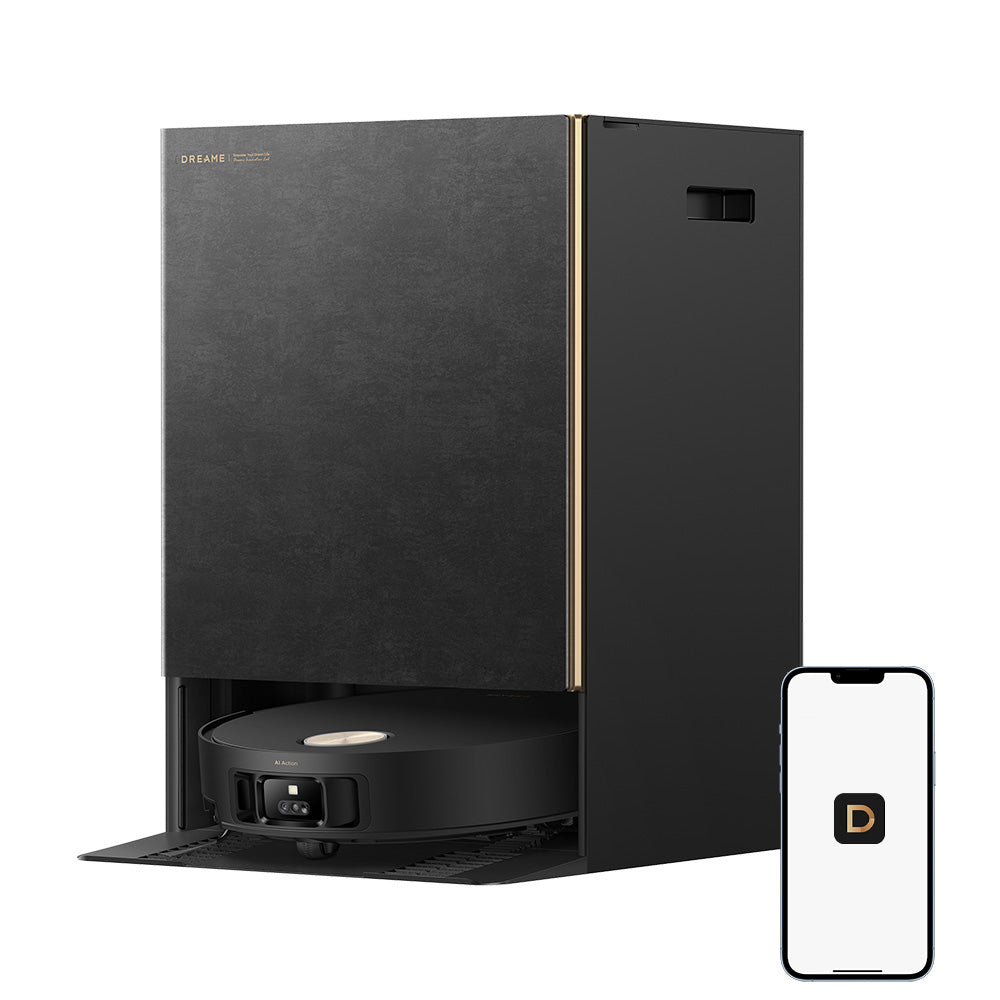
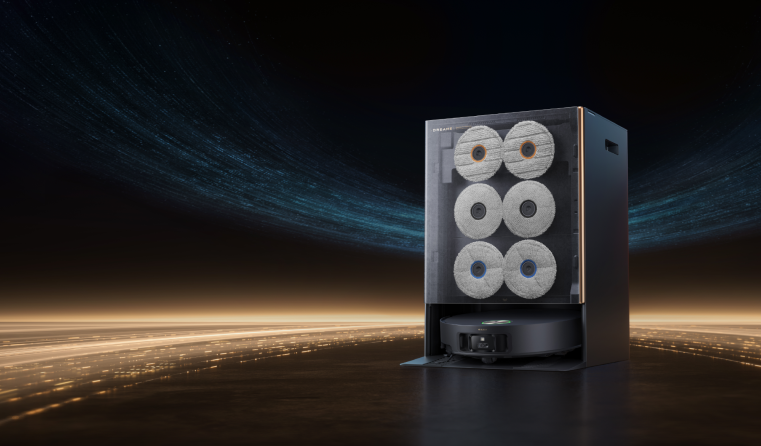
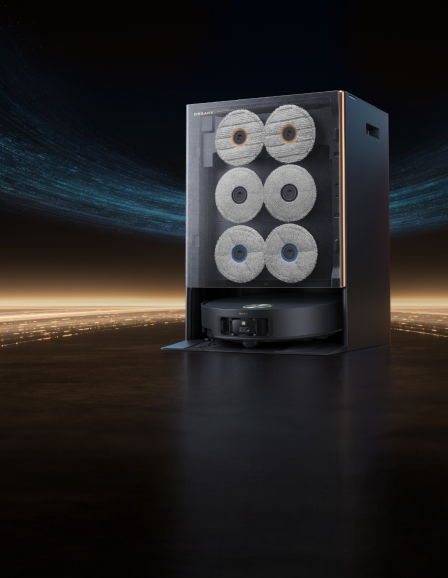
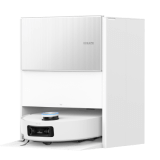
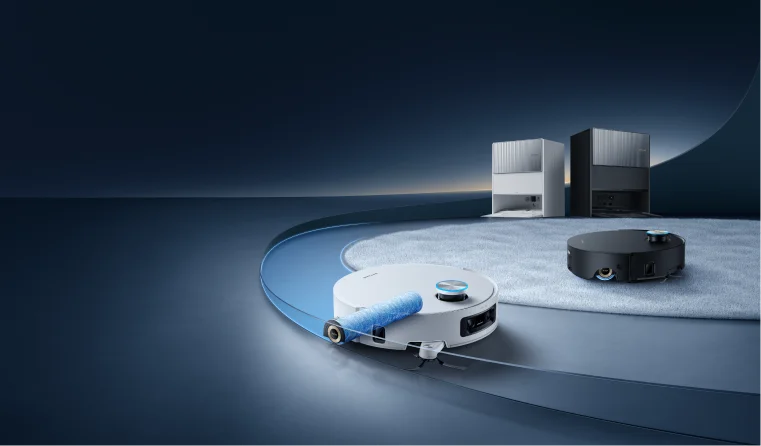
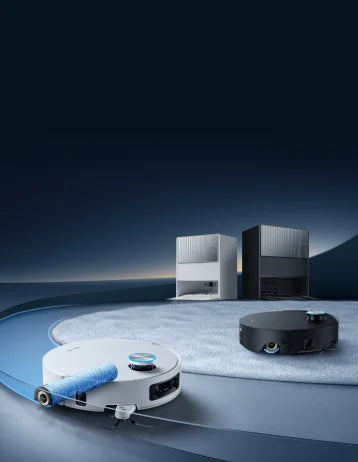
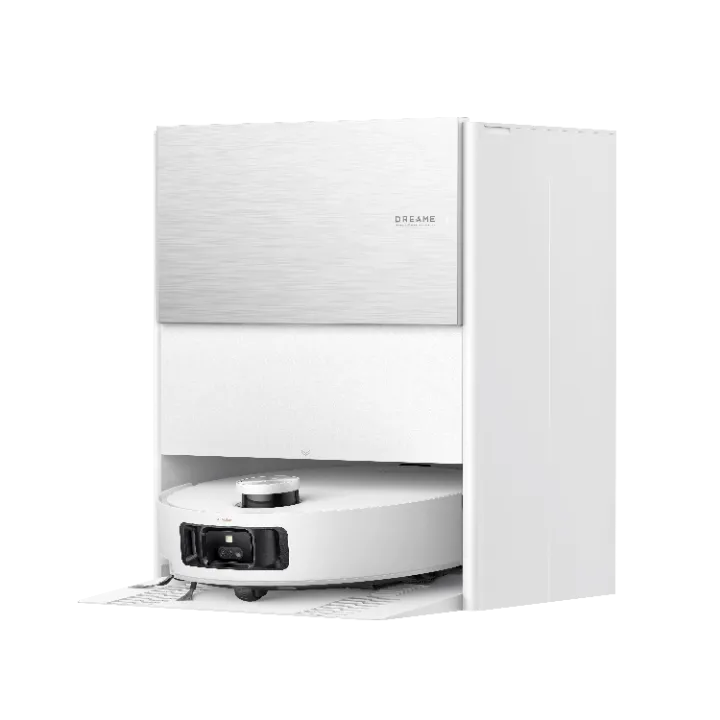
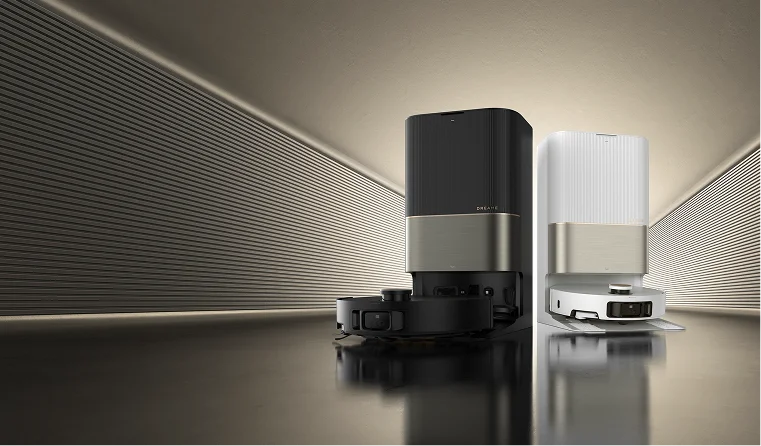
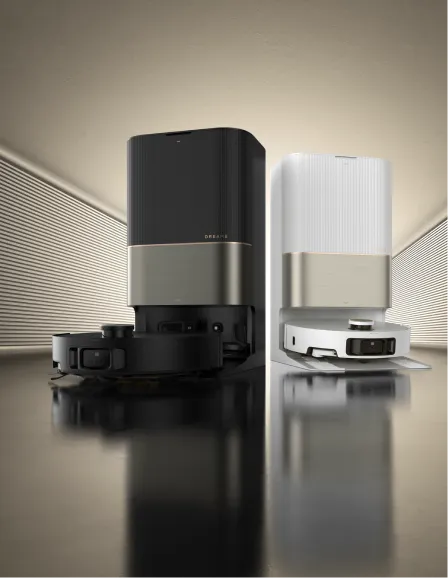
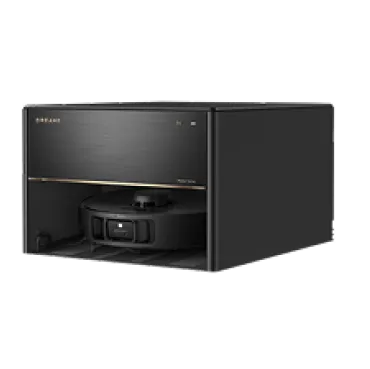
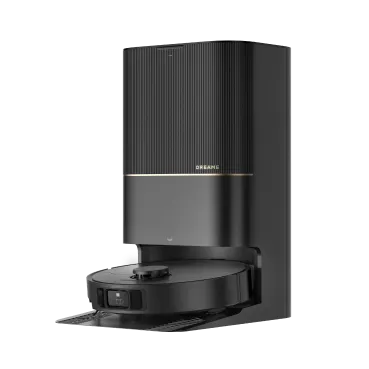
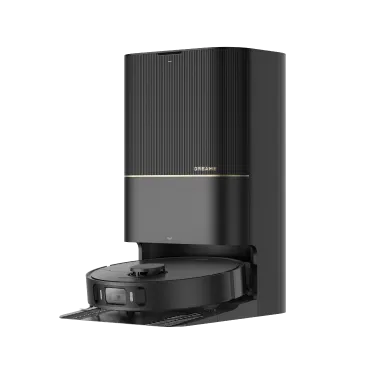
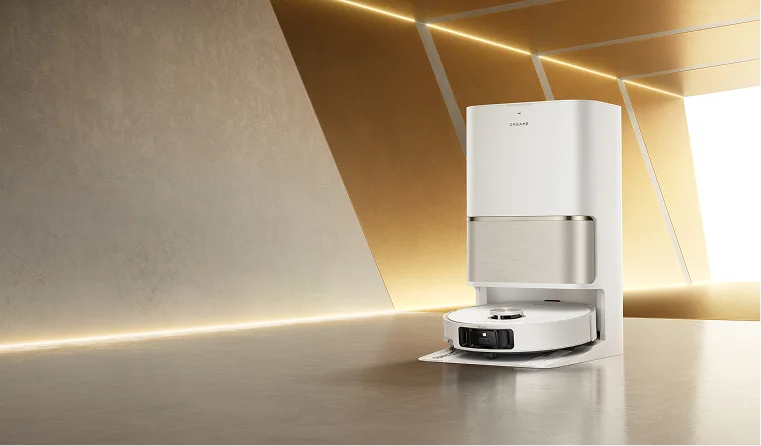
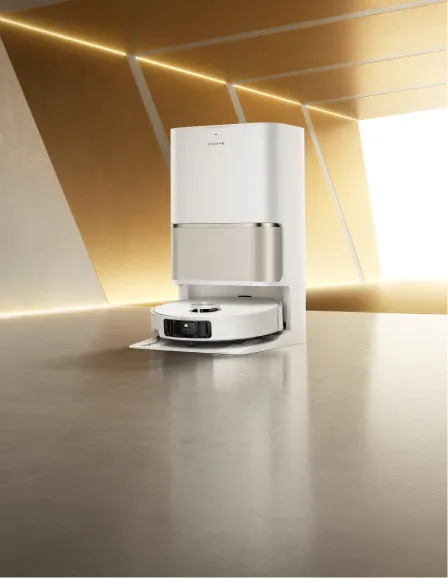
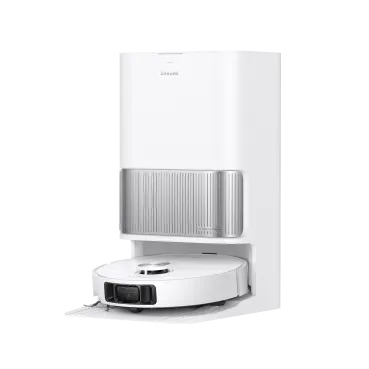
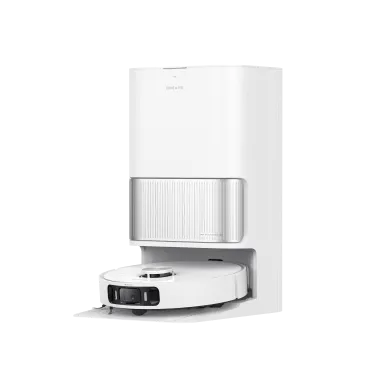
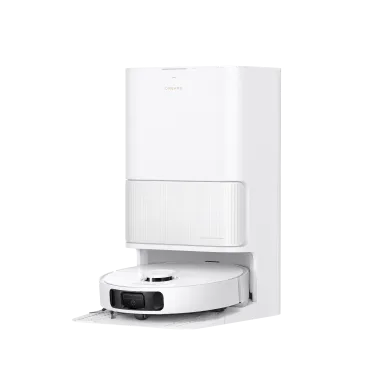
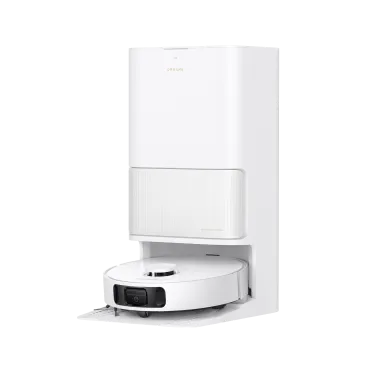
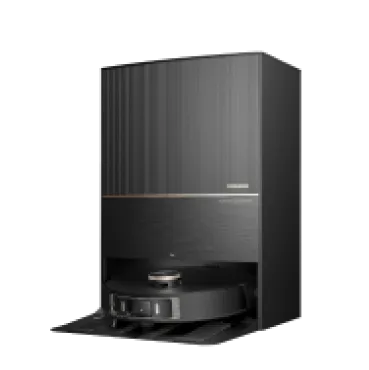
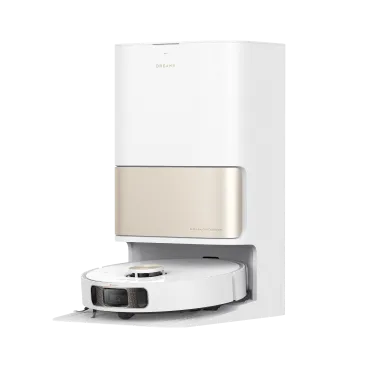
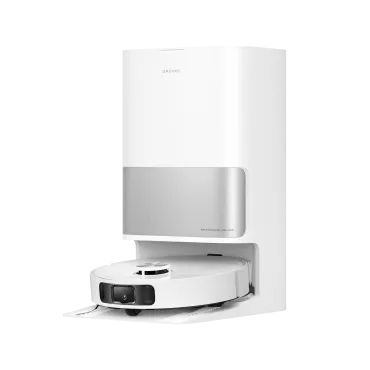
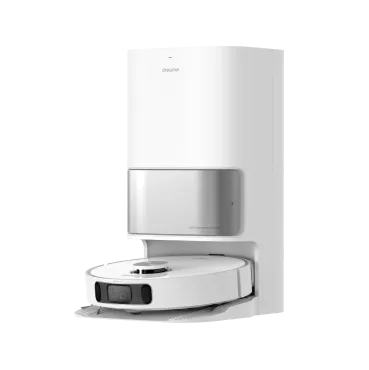
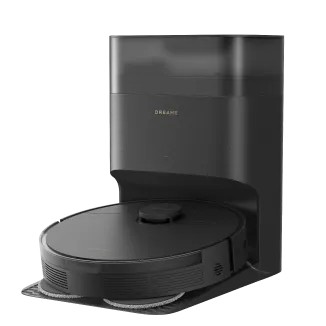
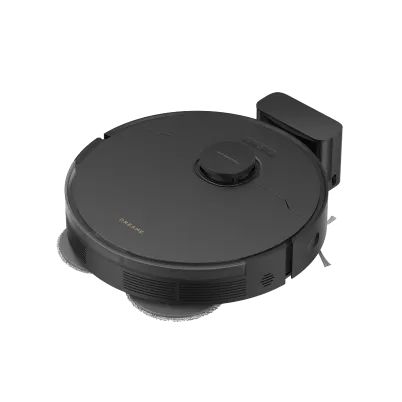
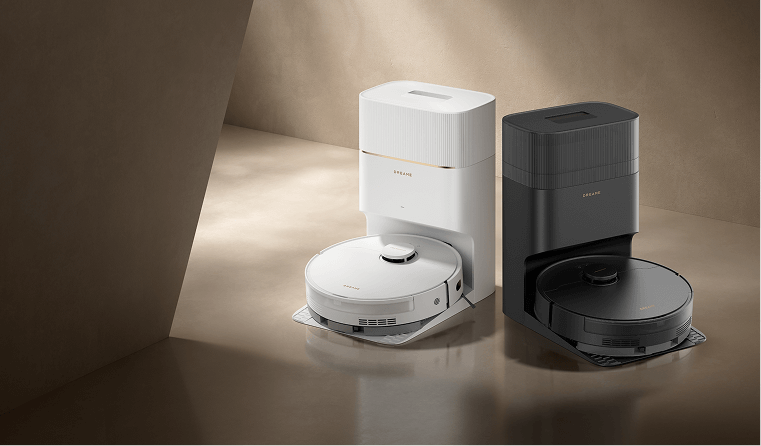
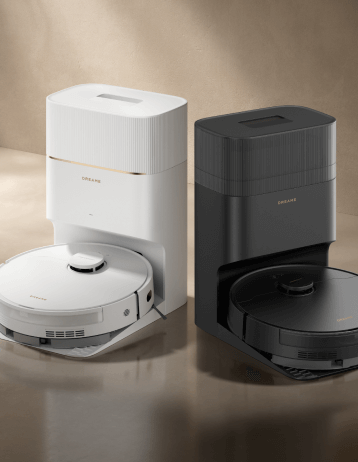
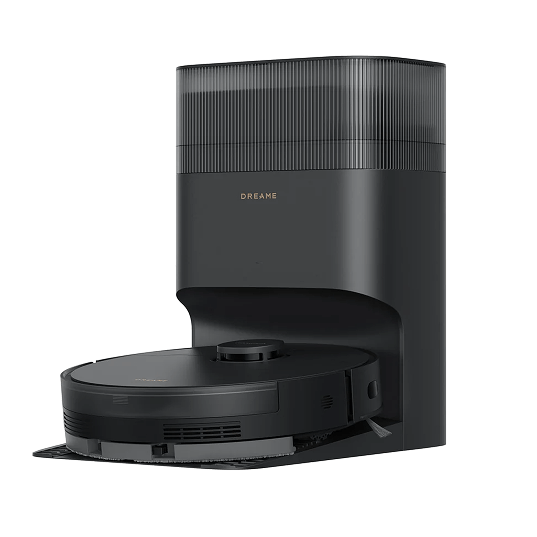
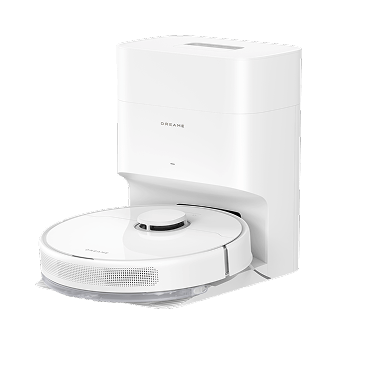
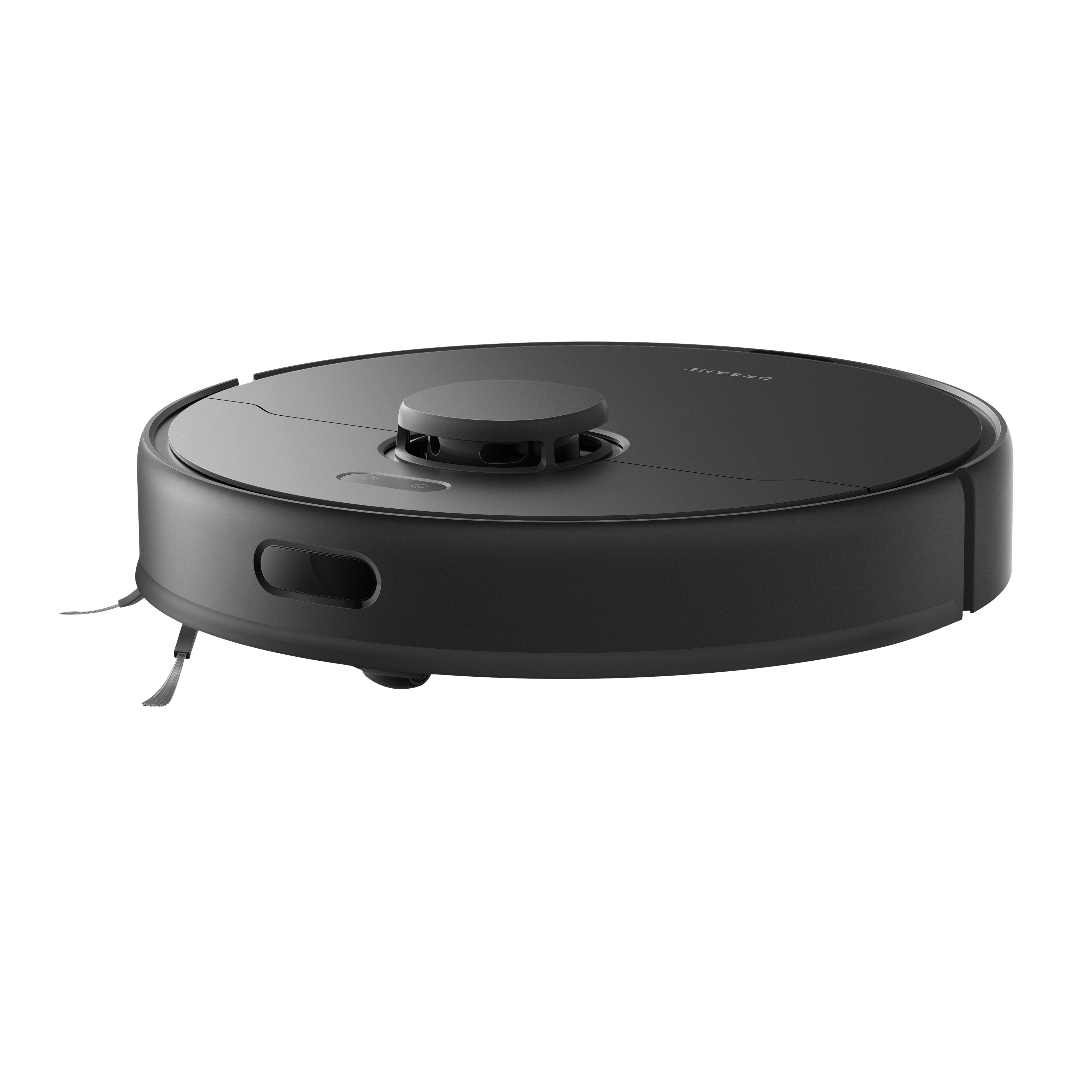
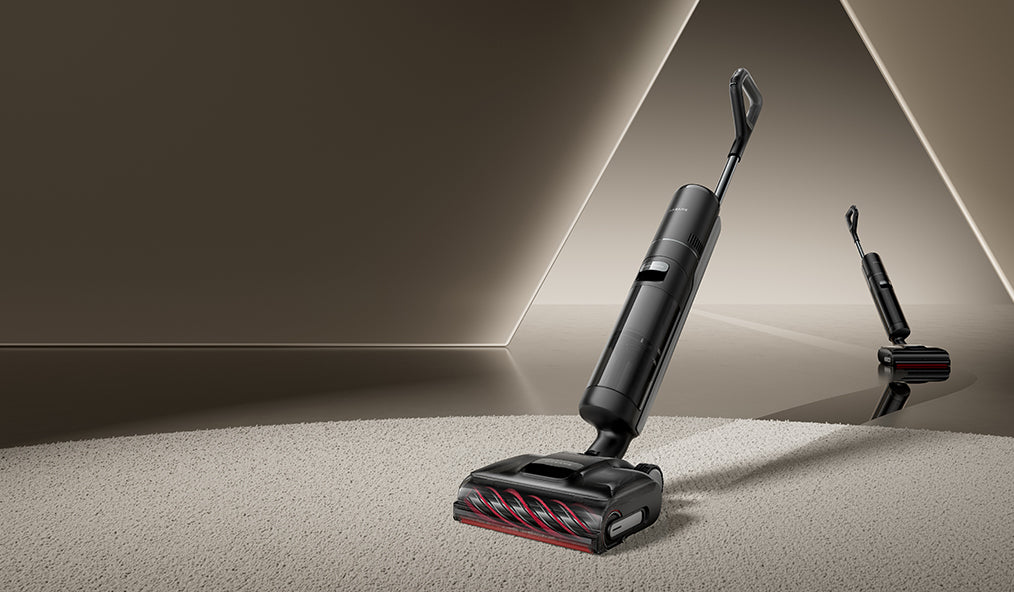
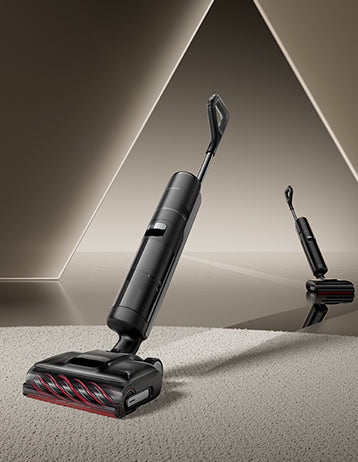
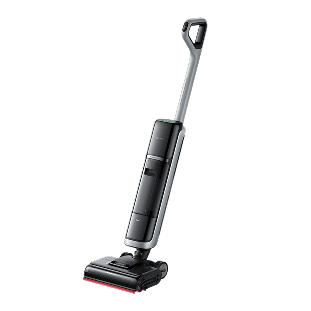
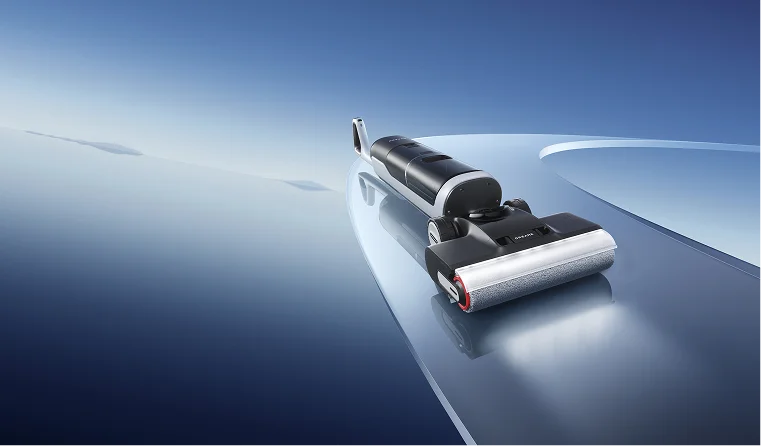
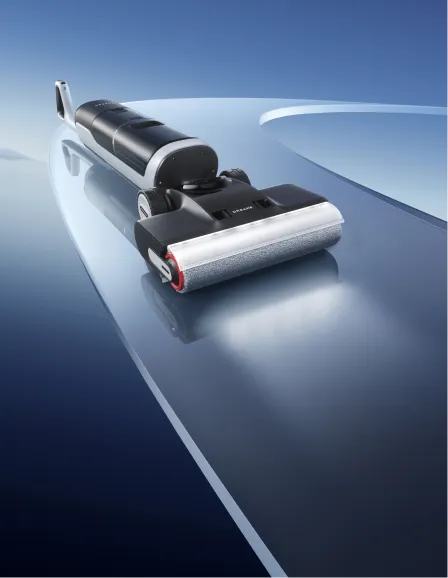
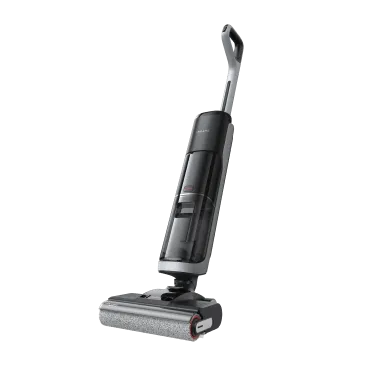
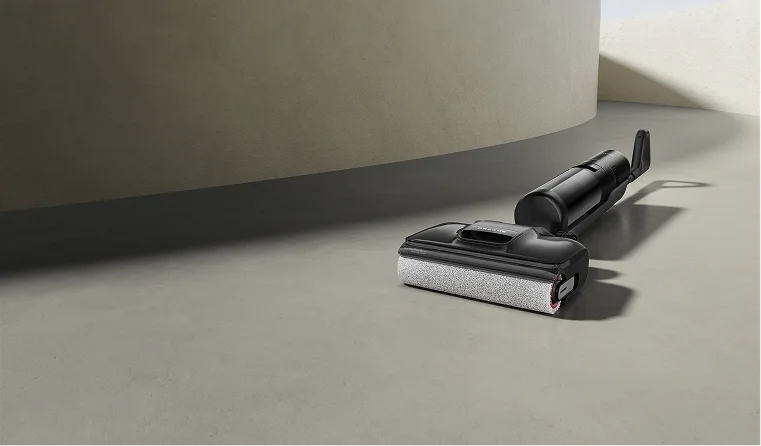
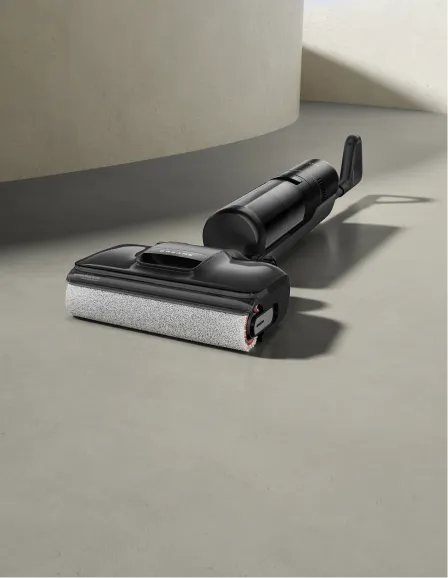
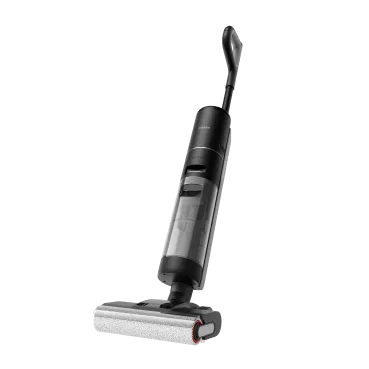
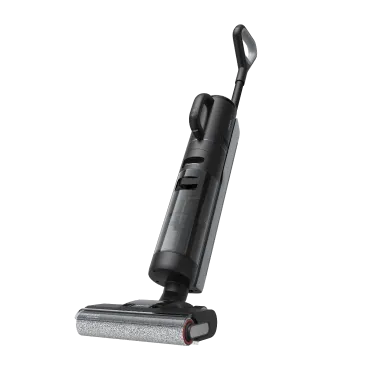
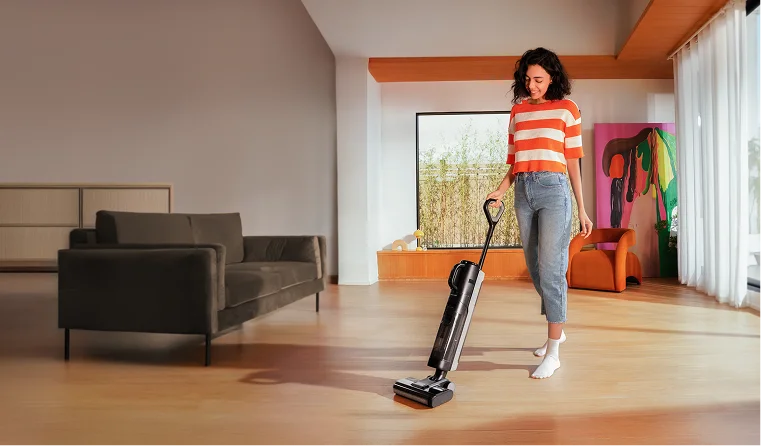
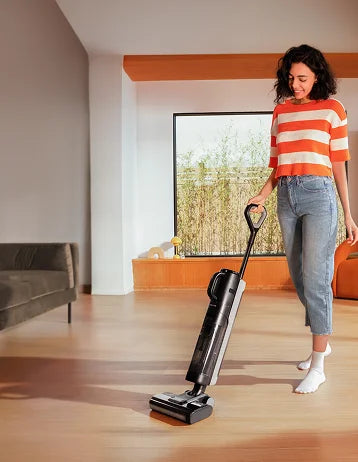
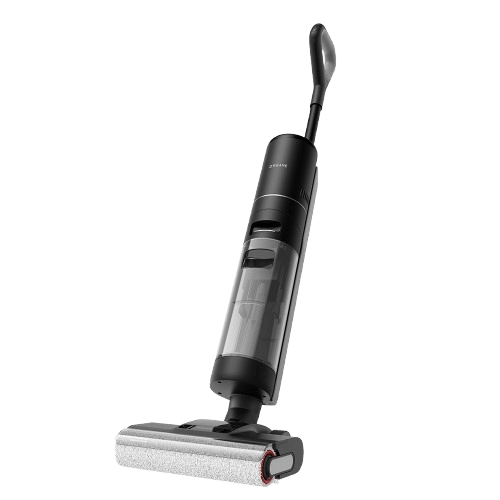
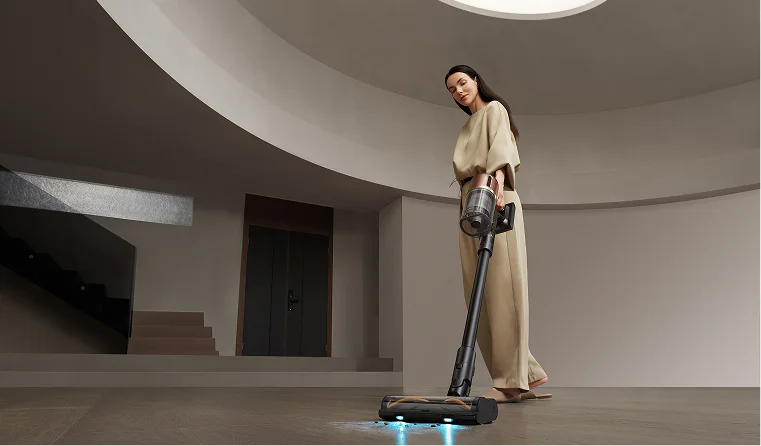
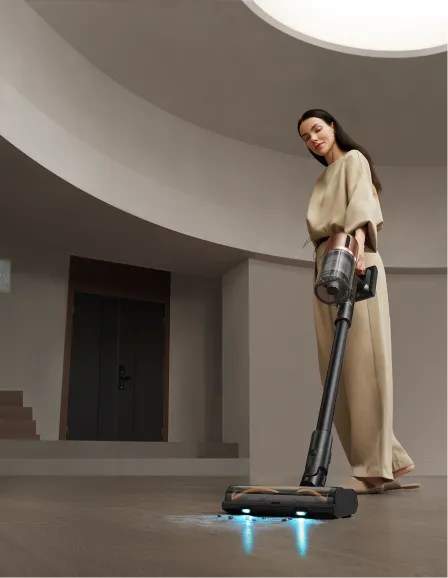
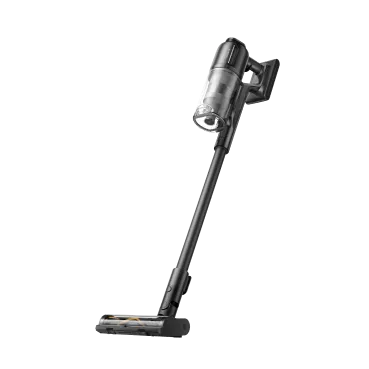
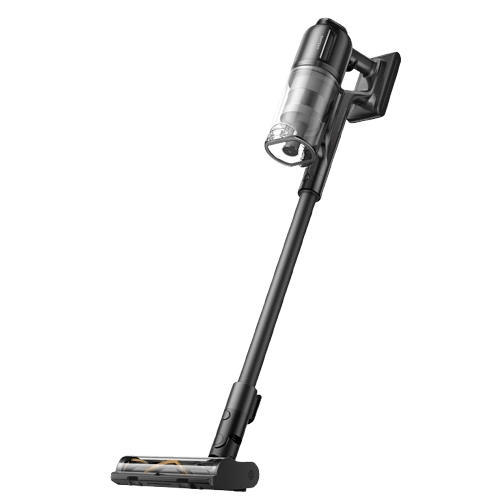
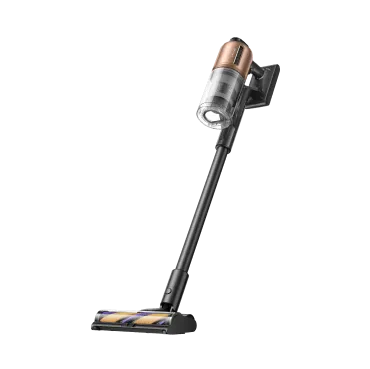
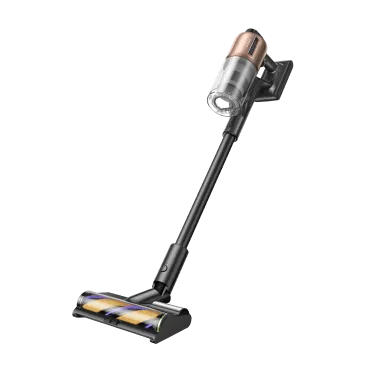
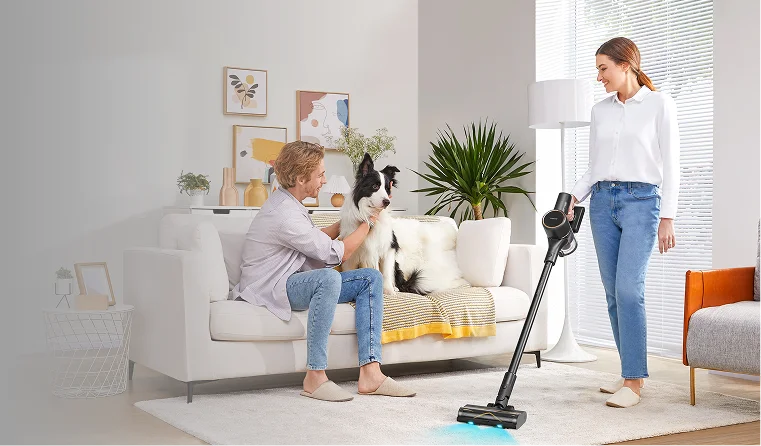
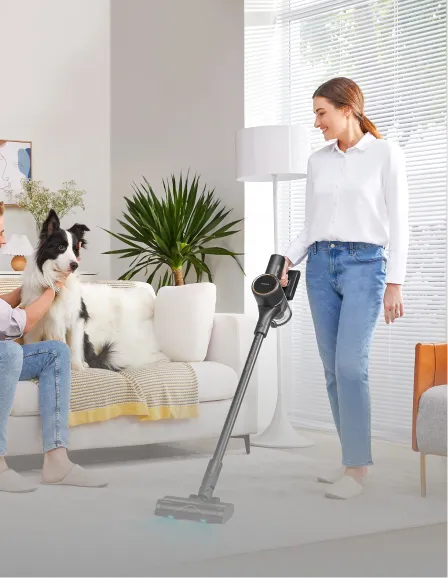
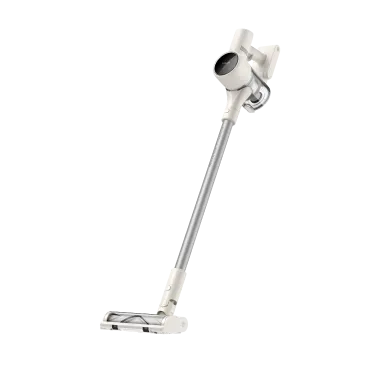
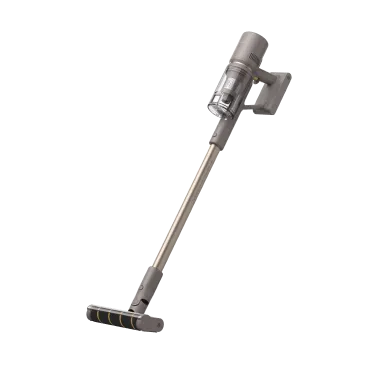
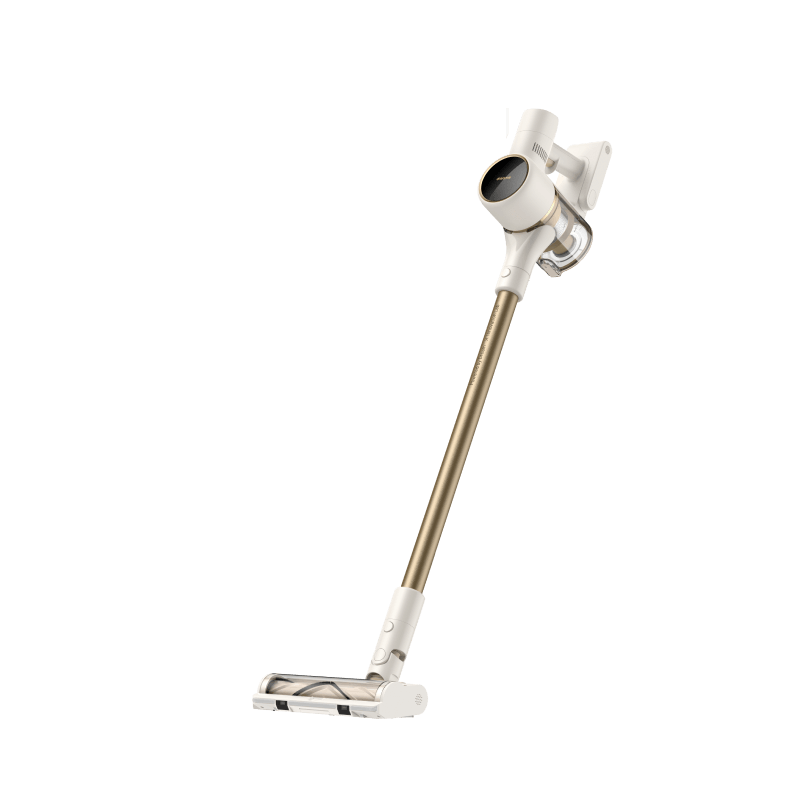
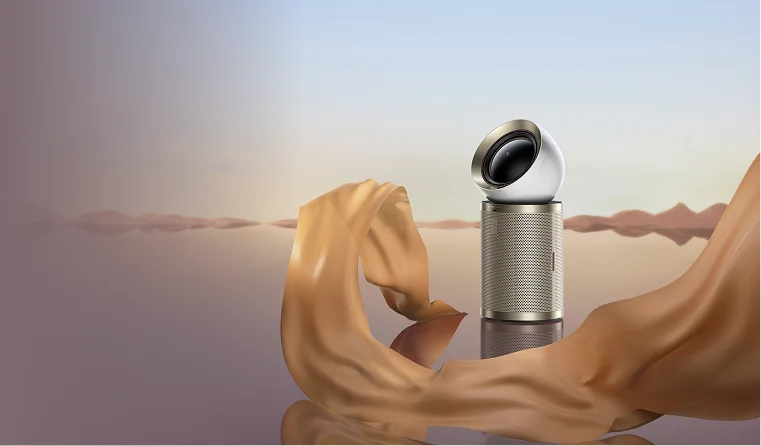
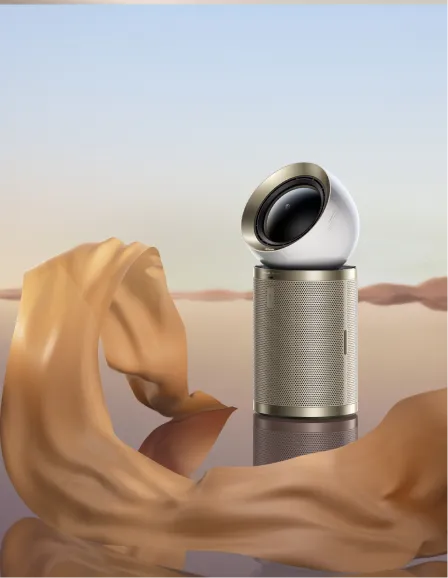
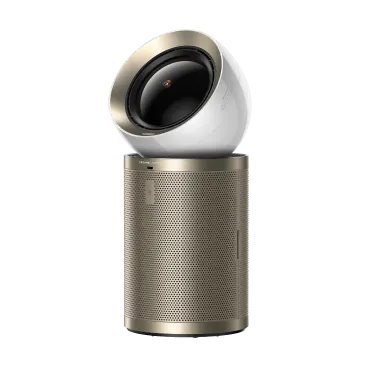
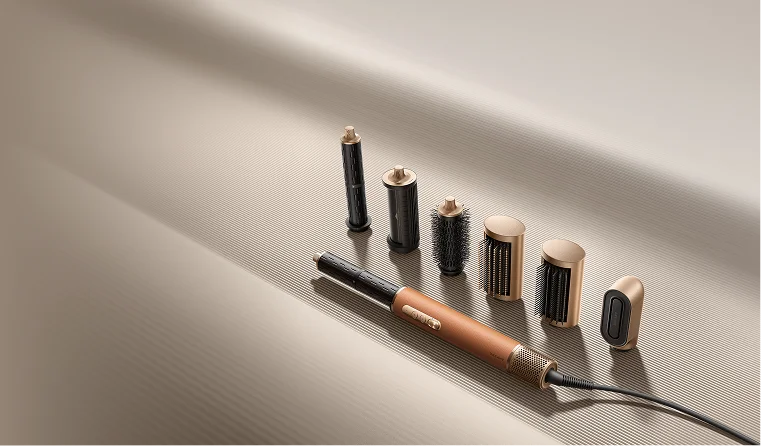
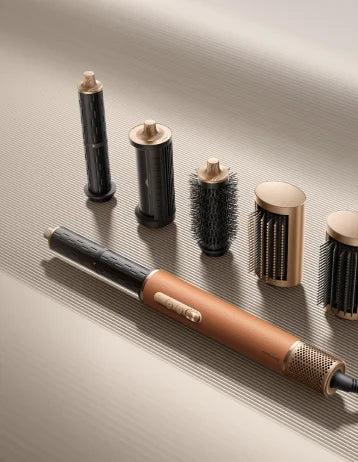
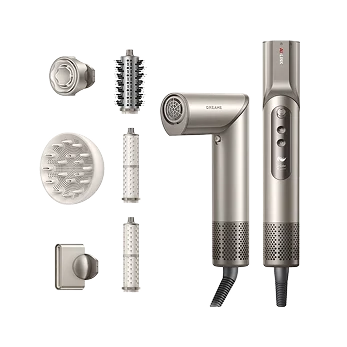


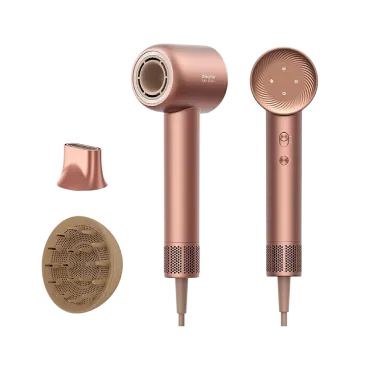
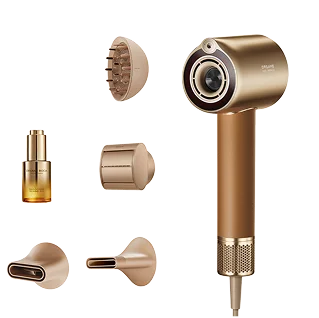
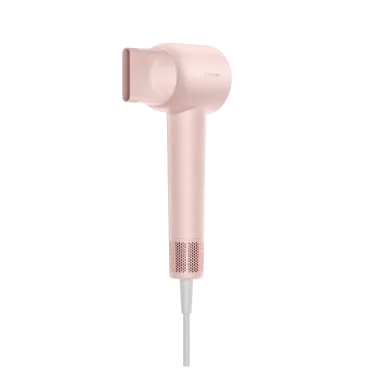


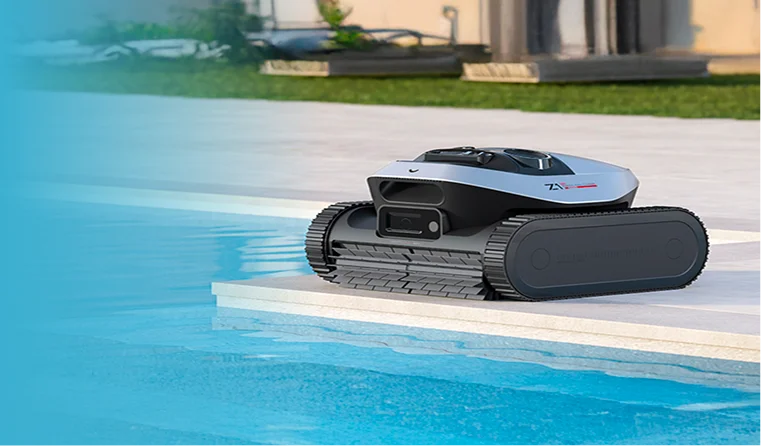
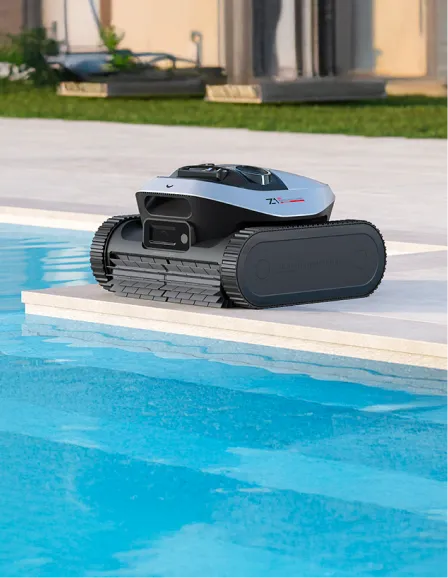
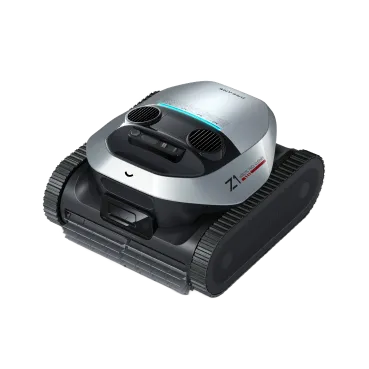

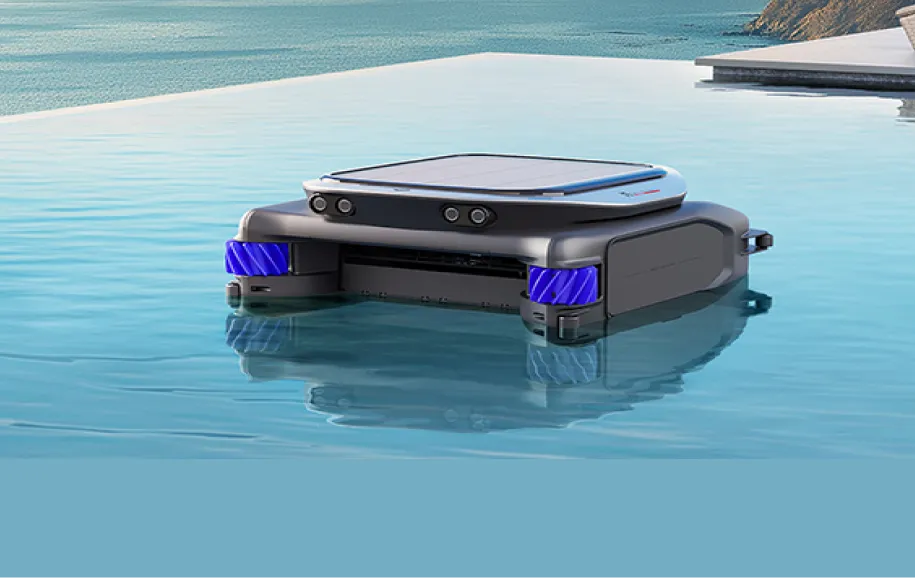










 Australia
Australia 中国大陆
中国大陆 日本
日本


 Türkiye
Türkiye


 Italia
Italia
 Netherlands
Netherlands Belgium
Belgium
 Greece
Greece Polska
Polska
 Norway
Norway
 Sweden
Sweden
 Finland
Finland
 Denmark
Denmark
 Hungary
Hungary Czechia
Czechia
 Slovenia
Slovenia
 Croatia
Croatia
 Switzerland
Switzerland United Kingdom
United Kingdom
 Canada
Canada

